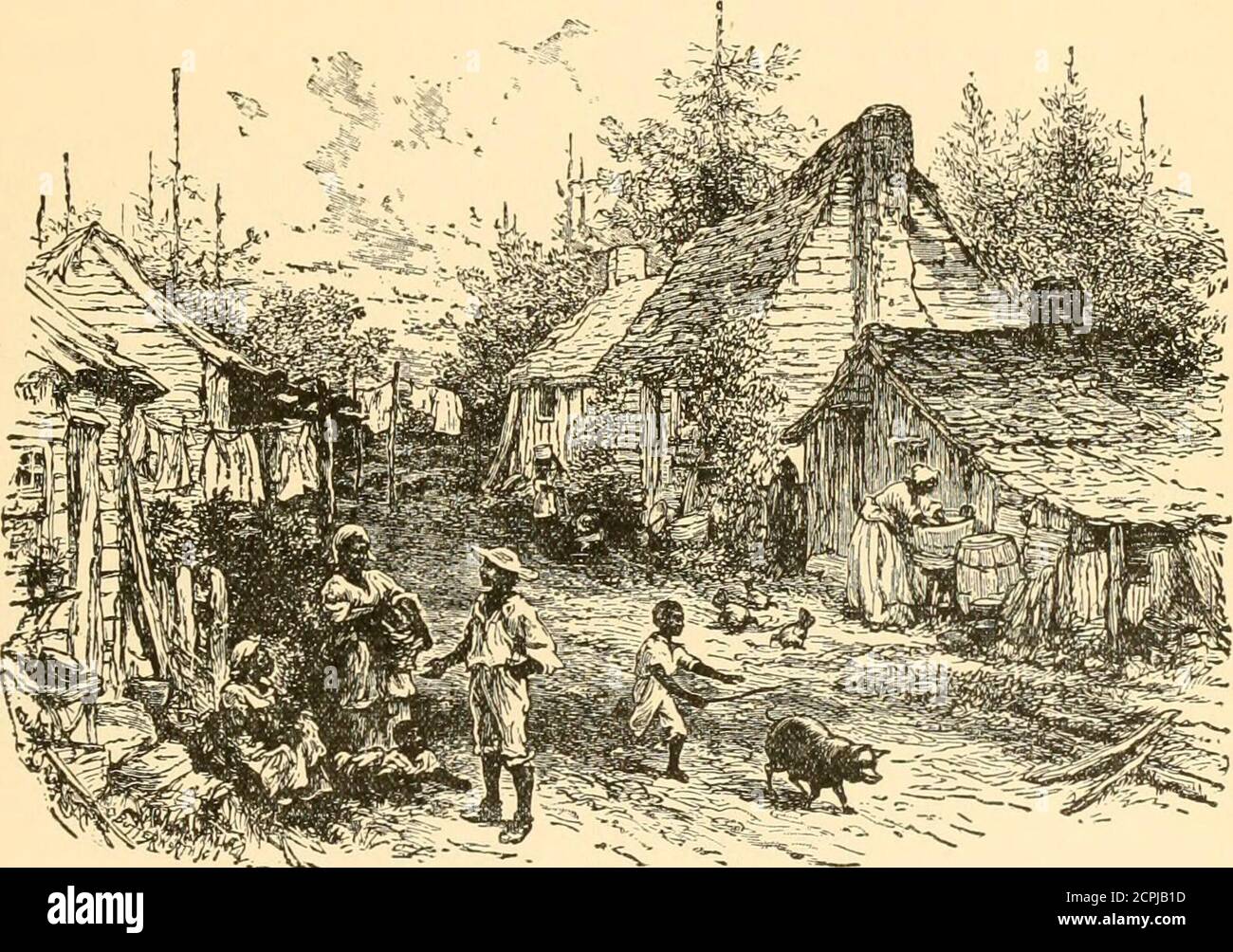. The great American book of biography . issouri Compromiss. Its status as a future free or slaveState was the turning point of the famous debates in the Senate of 1850, inwhich Webster, Calhoun, Douglas and Seward won fame—debates which havenever been equaled in our history in eloquence and acerbity. It was in the THE FUGITIVE SLA VE LA IV. 613 course of these debates that Mr. Seward, while denying that the Constitutionrecognized property in man, struck out his famous dictum, There is a higherlaw than the Constitution. The end reached was a compromise which allowedCalifornia to settle for its

Image details
Contributor:
Reading Room 2020 / Alamy Stock PhotoImage ID:
2CPJB1DFile size:
7.1 MB (608.2 KB Compressed download)Releases:
Model - no | Property - noDo I need a release?Dimensions:
1884 x 1326 px | 31.9 x 22.5 cm | 12.6 x 8.8 inches | 150dpiMore information:
This image could have imperfections as it’s either historical or reportage.
. The great American book of biography . issouri Compromiss. Its status as a future free or slaveState was the turning point of the famous debates in the Senate of 1850, inwhich Webster, Calhoun, Douglas and Seward won fame—debates which havenever been equaled in our history in eloquence and acerbity. It was in the THE FUGITIVE SLA VE LA IV. 613 course of these debates that Mr. Seward, while denying that the Constitutionrecognized property in man, struck out his famous dictum, There is a higherlaw than the Constitution. The end reached was a compromise which allowedCalifornia to settle for itself the question of slavery, forbade the slave trade inthe District of Columbia, but enacted a strict fugitive slave law. To theAbolitionists this fugitive slave law, sustained in its most extreme measures bythe courts in the famous—or as they called it, infamous—Dred Scott case, wasas fuel to fire. They defied it in every possible way. The Underground Rail-way was the outcome of this defiance. By it a chain of secret stations was. ^._x. A NEGRO VILLAGE IN ALABAMA. established, from one to the other of which the slave was guided at night untilat last he reached the Canada border. The most used of these routes in theEast was from Baltimore to New York, thence north through New England;that most employed in the West was from Cincinnati to Detroit. It hasbeen estimated that not fewer than thirty thousand slaves were thus assistedto freedom. Soon the struggle was changed to another part of the Western territory, now beginning to grow so rapidly as to demand the forming of new States.The Kansas-Nebraska Bill introduced by Douglas was in effect the repeal of the 614 THE STOR V OF AMERICAN SLA VER Y. Missouri Compromise in that it left the question as to whether slavery should becarried into the new territories to the decision of the settlers themselves. As aconsequence immigration was directed by both the anti-slavery and the pro-slavery parties to Kansas, each determined on obt